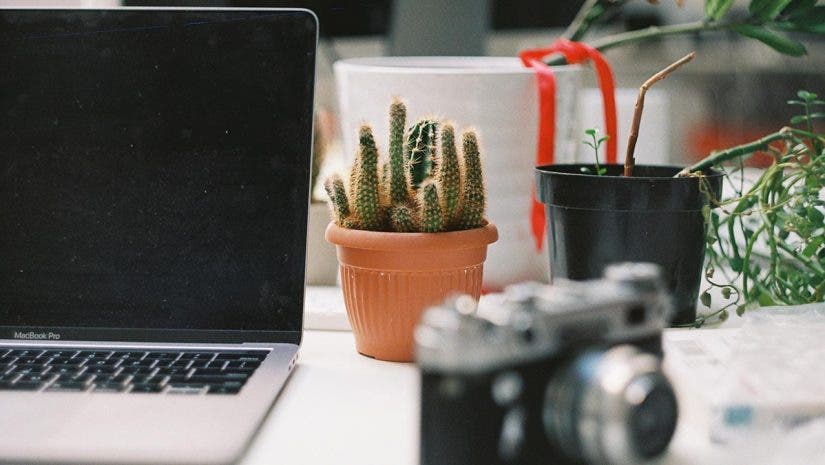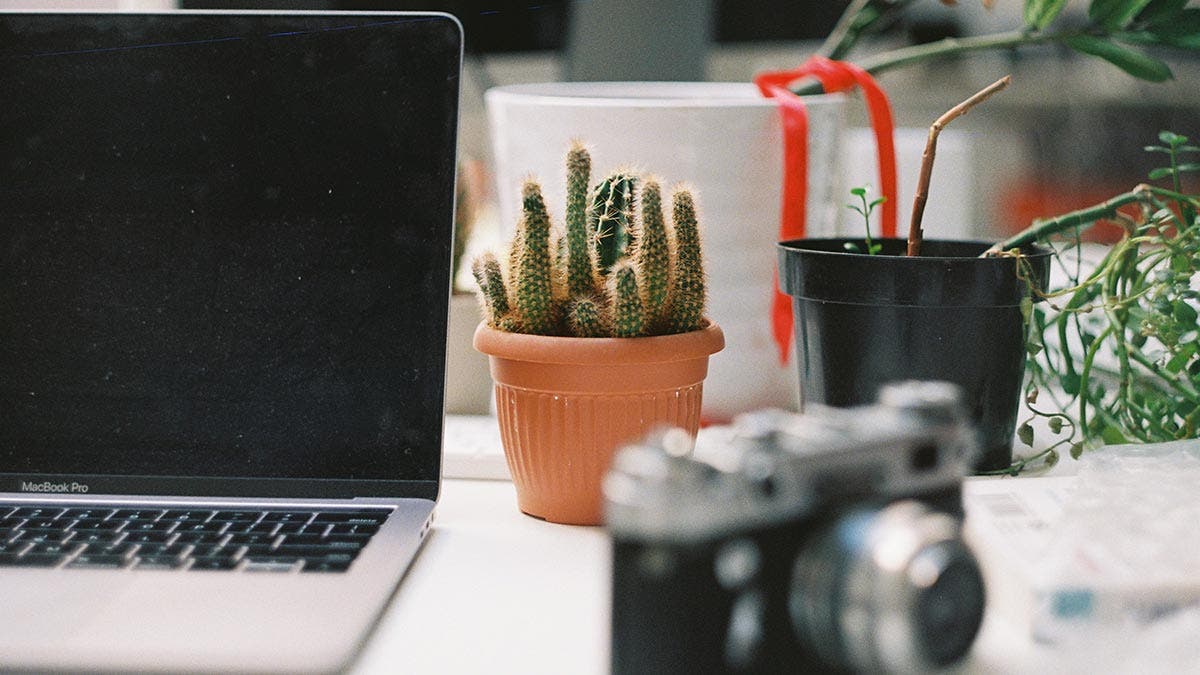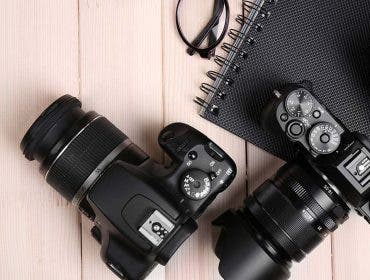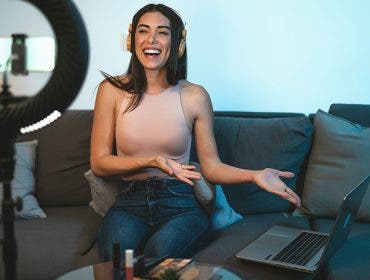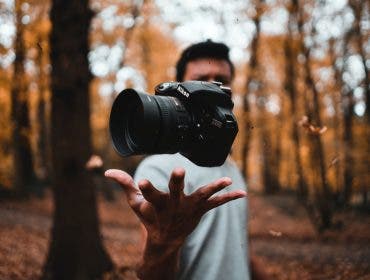In this day and age, learning photography has never been easier. Thanks to today’s near-unbridled access to online education, aspiring photographers can learn the craft on their computers without having to spend a single cent. We’ve rounded up some of the best free online photography classes that will teach you everything you need to know. From image composition and camera settings to lighting and photo editing techniques, there’s an advanced or introductory course for you. No matter your skill level, we’ve got you covered! Here are 11 of the best photography courses offered for free online.
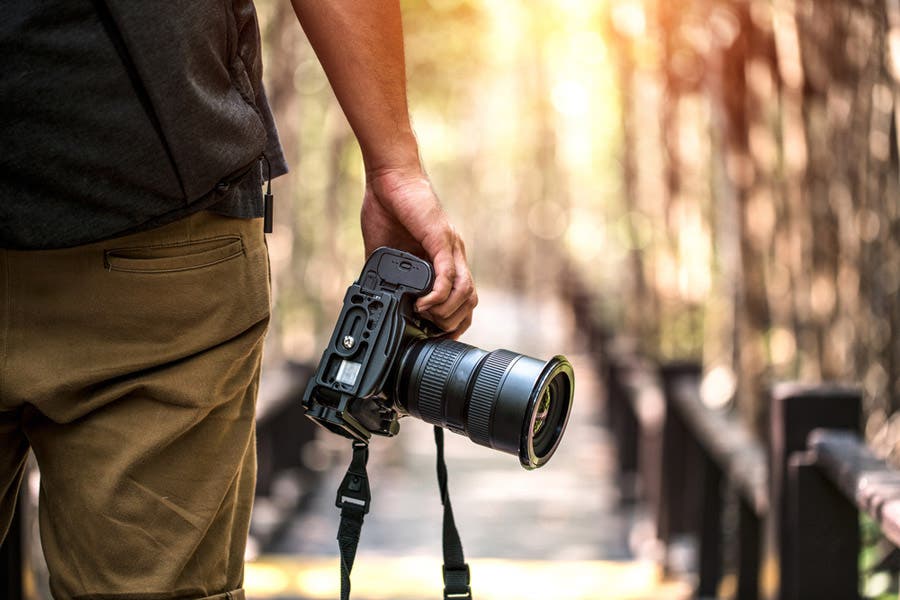
Here are some of the most popular and highly rated online digital photography courses for beginner photographers and intermediate photographers. Most are available all year round and allow you to learn at your own pace. Others are available for a short period of time and offer more advanced lessons at a small price. We’ve also labeled them according to your skill level, so you can easily find the right course/s for you. Then, refer to our list as you level up.
Top Free Online Photography Courses Available Now:
1. Basics of Photography: The Complete Guide
Level: Beginner
This comprehensive, mostly-text tutorial by Lifehacker starts off with three sections that explain how a digital camera works, its automatic settings, and its more advanced manual settings like shutter speed, aperture, and more. The last two sections provide helpful information on compositional techniques and how to edit your photos during post-processing.
The course also offers additional digital photography resources for extended learning on each topic. And with a couple of videos included, it’s an easy way to gain a much better understanding of cameras and imaging before finally venturing into the world of digital photography.
What You’ll Learn:
- Camera settings and how it works
- Photo composition
- Photo editing
2. Introduction to Photography and Related Media
Level: Beginner
The course, which is freely available to anyone through the Massachusetts Institute of Technology (MIT) OpenCourseWare initiative, features video lectures from a semester-long undergraduate-level course at MIT. With the help of four photography teachers, you’ll learn the fundamentals of photography, and technical aspects of working analog and digital SLR cameras.
The tutorial also covers lessons on film imaging—particularly film exposure, film development, and darkroom techniques—aside from digital imaging and studio lighting.
What You’ll Learn:
- Fundamentals of cameras
- Film development and darkroom techniques
- Studio lighting
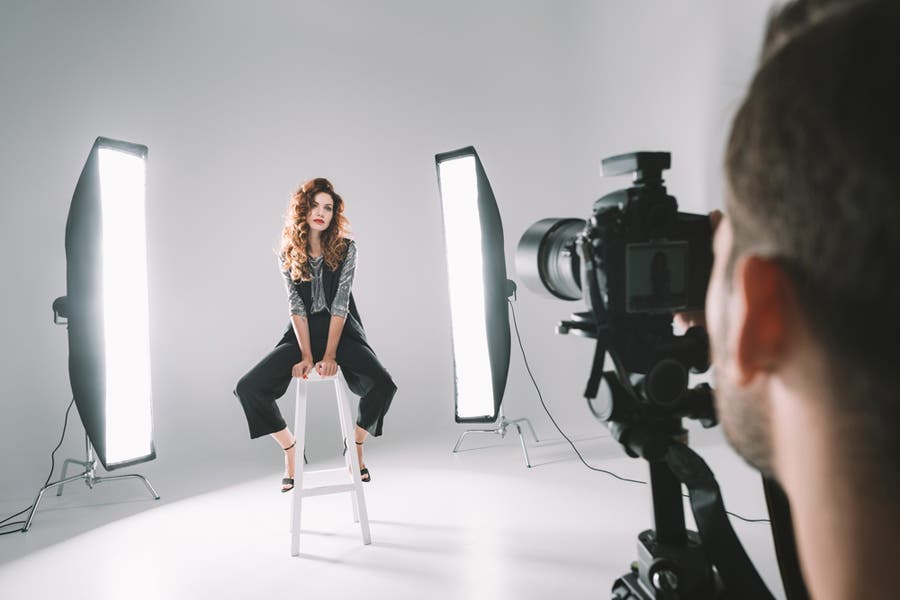
3. Your Road to Better Photography
Level: Beginner
This free Udemy course aims to make photography “simple”. It uses 10 lectures and a total of 31 minutes of instructional videos. Celebrity photographer and cinematographer Corey Reese provides in-depth information about shooting in natural light and understanding manual camera settings (like aperture and shutter speed) for a wide range of photography applications. As with most digital photography courses, you’ll need a DSLR or mirrorless camera to be able to maximize the lessons.
What You’ll Learn:
- Natural light photography
- Manual camera settings
- Basics of camera
4. Lighting 101 by Strobist
Level: Beginner to Intermediate
This free Strobist online course is for photographers looking to learn more about how to control and use light. You’ll learn from a trained and professional photographer who has completed 10,000-plus assignments and mastered the power of light.
Finally, you’ll learn off-camera flash, how aperture and shutter speed settings help in light control, and manual camera controls.
What You’ll Learn:
- How to use your off-camera flash
- Power of lighting
- How to control light
5. Commercial Photography: Still and Moving Image
Level: Intermediate
This free FutureLearn online course is for aspiring commercial photographers or assistants who are hoping to develop their skills and knowledge in new media. This involves exploring still and moving image photography. You’ll get to tackle topics on filmmaking as well as the use of CGI, animation, and more. It will also help you learn how to create winning commercial yet personal and individualized work for clients. All of this will be useful if you’re pursuing advertising, fashion, or editorial photography.
Based on certain elements of the photography courses at Norwich University of the Arts, these lessons allow you to learn from expert academics, as well as leading commercial photographers like Andy Earl and Tim Flach.
What You’ll Learn:
- Benefits of personal work
- How to develop creative work and get paid
- How to create video for commercial projects
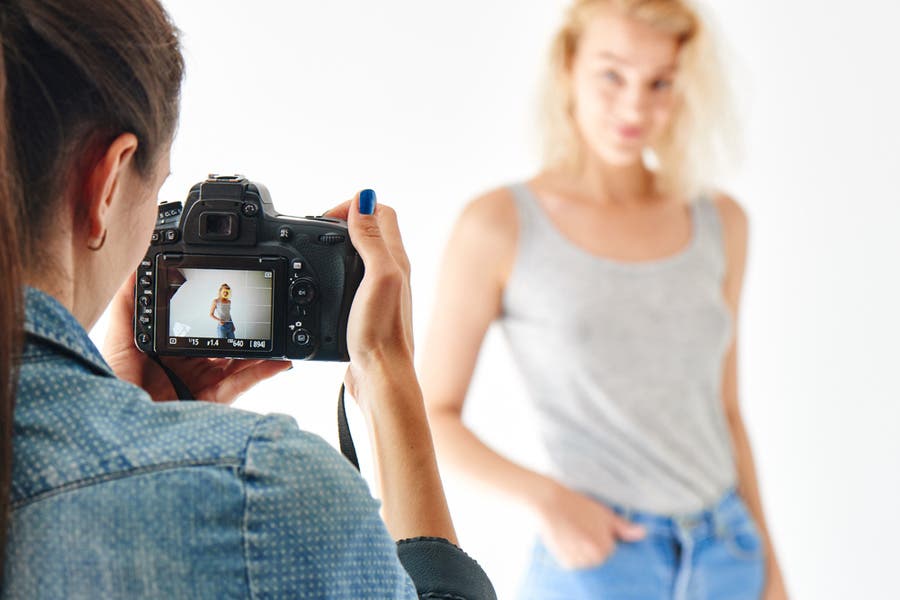
6. Photography Essentials: Understanding the Basics
Level: Beginner to Intermediate
Understanding the fundamentals of photography is essential to beginning the craft. The instructor, Sean Dalton is a professional lifestyle and travel photographer. Additionally, Sean gives a 90-minute intro to photography and will introduce you to countless tips and tricks to get you started.
By learning some essential pieces of photography such as, focusing, in-camera settings, exposure, composition, and even editing, you can get your photography hobby, or even career, going with this class. If you are a beginner photographer and want to find a way to get a head start without breaking the bank, this is the class for you.
What You’ll Learn:
- Photo editing
- Understanding your DSLR
- Camera settings
- Finding a unique photography style
- Getting the best composition
7. CreativeLife On-Air Classes
Level: Beginner to Intermediate
CreativeLife mostly sells online photography courses, but they also have a wide range of free on-air classes (at least one per day). These classes cover topics such as video, art and design, music and audio, crafts, and others—including photography, of course. The site allows viewers to RSVP to different classes, which can easily be viewed by more than 50,000 students from around the world. Make sure to take note of the date and time of the on-air class you want to take. There are many different courses each day.
Finally, should you consider trying out their paid classes, you can catch celebrity guests and instructors like world-renowned wedding photographer Jasmine Star.
What You’ll Learn:
- Photography styles
- How to find a creative flow
- Photo editing
- Building a creative career
8. Alison Free Online Courses and Online Learning
Level: Beginner to Advanced
Alison offers free online diploma and certificate courses in a wide variety of disciplines, which includes a handful of photography courses designed to help shutterbugs of varying skill levels take their photography to the new heights. Alison currently has certificate courses for beginners, intermediate-level photographers, and advanced shooters, as well as a diploma course on digital photography. If you want to learn more about exposure settings, composition techniques, or post-production tools, this is a good place to start.
What You’ll Learn:
- Composition techniques
- Photo editing
- Digital photography
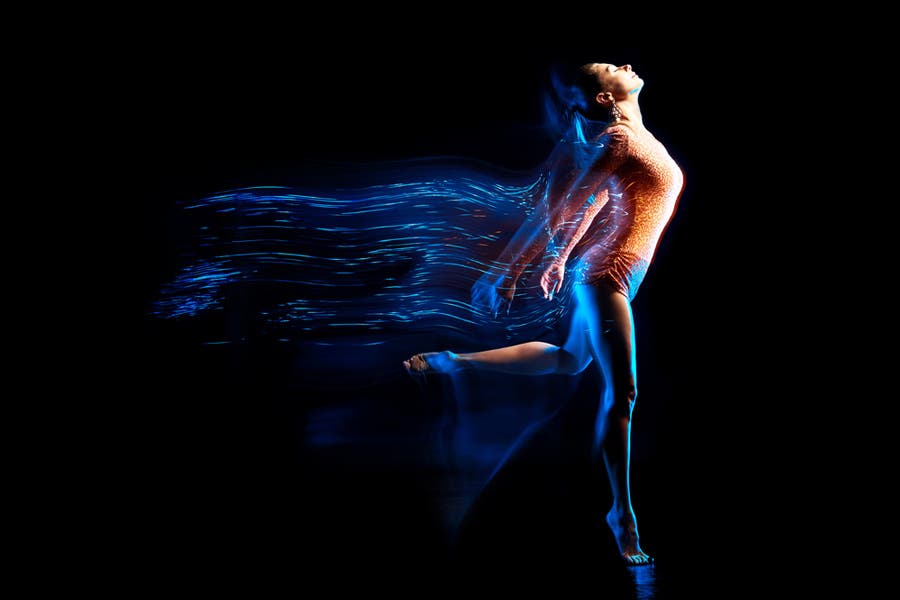
9. Documentary Photography and Photojournalism: Still Images of a World in Motion
Level: Intermediate
One of the best free online photography courses for aspiring photojournalists, this MIT course from 2016 (also available on MIT OpenCourseWare) helps you hone your photographic “eye” and skills by exposing you to the work of some of the most successful shooters in the field. And by the end of the course, you will have gained expert knowledge in capturing the essence of a scene. Then, you’ll effectively convey meaningful messages despite the obvious limitations of a still photo. If you have a passion for extraordinary images that tell a story, this course is for you.
What You’ll Learn:
- Finding your photography “eye”
- History of documentary photography & the work of famous documentary photographers
- How to make your own documentary photo
10. Professional Family Portraits by Kirk Tuck
Level: Beginner to Intermediate
The course offers advanced yet very doable strategies for taking flattering portraits as well as tips on how you can make your subjects (young and old) behave in front of the camera. However, you’ll need to have a pretty good understanding of how cameras work in order to understand other lessons on image composition, exposure techniques, lighting equipment, and post-processing. The goal is for you to have a very good idea of how you can execute a pictorial—whether indoor or outdoor—for an entire family. In the end, you’ll produce a final product that they would hang in their living room and treasure for years or generations to come.
What You’ll Learn:
- How to do in-home photo shoots
- Ambient lighting techniques
- Locations for family photos
- Photo editing
11. An Introduction to Photography by Karl Taylor Education
In this free class, Karl Taylor will take you through some easy tips and tricks to improve your photography. By expanding your technical and creative education, you can take your craft to new heights.
Karl starts out by simply walking through your camera, covering proper settings such as ISO, aperture, shutter speed and anything else that will allow you to shoot in Full Manual Mode. In this class, you will cover composition, understanding the use of light, depth of field, which lenses to use and when, and much more.
What You’ll Learn:
- Which lenses to use and when
- Understanding composition
- Manual Mode
- Depth of field
- Megapixels and sensor sizes
12. Stanford’s Digital Photography Course
Skill Level: Beginner to Intermediate
Dive into the multifaceted world of digital photography with Stanford’s comprehensive course. This course, taught by esteemed professor Marc Levoy, covers the scientific, artistic, and computational aspects of photography, along with a touch of its historical context.
Although the course is older than most, the content remains current. Throughout the 18 lessons, learners engage in hands-on projects, specifically tailored for those with minimal to zero background in photography or coding, yet having a basic understanding of elementary mathematical principles. This structure of the course delves into an array of subjects, all structured to provide a holistic understanding of your camera and its functionalities, empowering you to take more captivating photos.
What You’ll Learn:
- Everything to do with lenses and how they contribute to the overall look of your photographs.
- Key image processing and editing techniques, along with an introduction to computational photography.
- How to compose strong photos by studying the work of famous photographers and implementing practical assignments.
13. Introductory Photography Course by Chris Bray
Skill Level: Beginner
Chris Bray’s Introductory Photography Course is the ultimate practical guide for beginners looking to understand their camera and elevate their photography skills. The comprehensive 10-part YouTube series covers camera operations, exploring composition, exposure, aperture, shutter speed, ISO, lighting, lenses, and more.
Christ presents the course in an easy to understand way that encourages participants to switch from shooting in auto mode to gaining full control of their camera settings in manual mode. While the contents and terminology for beginners can be daunting this has been addressed with plenty of practical examples to further increase your knowledge on the subject.
What You’ll Learn:
- Fundamentals of camera operations, including understanding AF mode, AF points, resolution, and techniques for perfect exposure.
- Techniques to enhance photo composition, such as the rule of thirds, leading lines, and background selection.
- Comprehensive knowledge about lenses, lighting, shutter speed effects, and ISO, along with tips on managing post-production and breaking into the industry.
14. Photography: Ditch Auto – Start Shooting in Manual by Jerad Hill
Skill Level: Beginner
Professional wedding photographer, Jerad Hill presents a comprehensive and user-friendly guide, crafted particularly for those who own a DSLR or an advanced point-and-shoot camera but have yet to harness its full capabilities. This course demystifies the often-intimidating manual mode, turning abstract terms such as shutter speed, ISO and aperture into practical, understandable concepts. Spanning just over 4 hours, the course provides a solid foundation in DSLR photography, explaining the operation of manual mode in an easy-to-grasp manner. Through this course, Jerad encourages participants to learn with their cameras in hand, facilitating a hands-on experience that makes complex ideas more concrete.
What You’ll Learn:
- The basics of DSLR Photography and the intricacies of shooting in manual mode.
- How to think like a professional photographer, training your brain to leverage your camera’s features optimally.
- Skills to shoot photos confidently in various situations, which will be particularly beneficial for those considering photography as a profession.
15. The Reddit Photoclass
Skill Level: Beginner
The Reddit Photoclass, curated by professional adventure photographer Alex Buisse, is a self-paced, comprehensive course offering 30 accessible lessons on all facets of photography. From understanding the basics of a camera to delving into depths of exposure, shutter speed, and ISO, the course thoroughly covers technical aspects. It also explores creative areas like composition, breaking rules, and sharing work.
Each lesson includes assignments for practical understanding. Although there is no formal grading or feedback provided by the instructor, participants can benefit from peer feedback through select subreddits. In addition photographers can find various helpful links to a myriad of resources to further their education online.
What You’ll Learn:
- Gain the knowledge and confidence to adjust your settings manually.
- Advanced concepts like levels and curves, layers and masks, film vs. digital, and manual vs. scene modes.
- Elements of composition, creative expression through breaking rules, inspiration, sharing work, and methods to further enhance your photography skills.
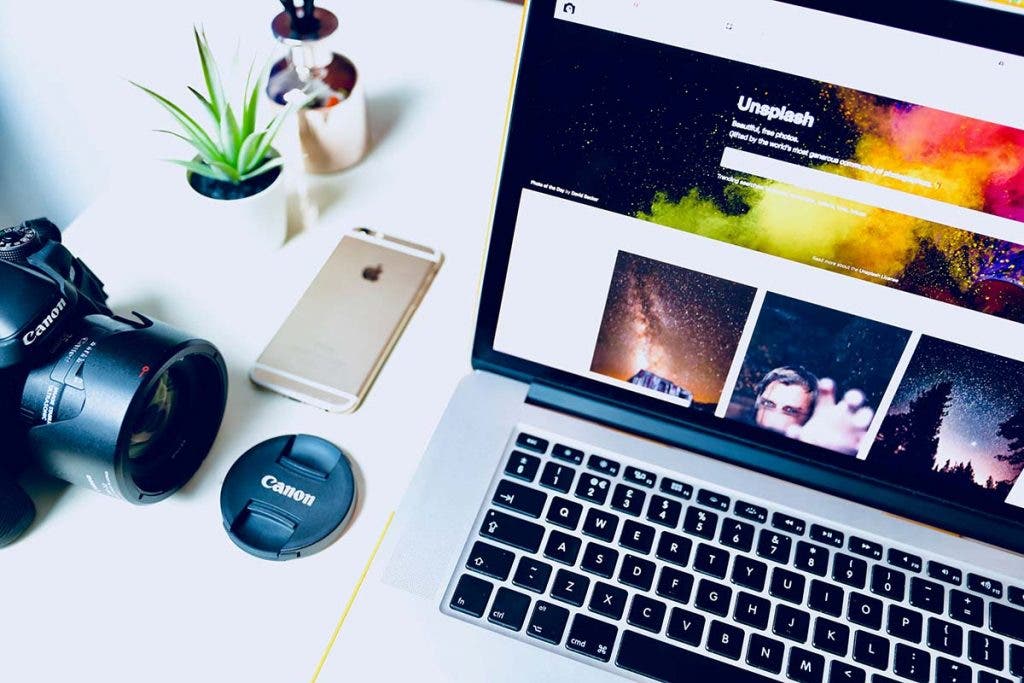
Tips to Choose the Best Digital Photography Course for You
With so many digital photography courses and workshops available these days, digital and in-person, free and paid, you may feel overwhelmed when searching for the ideal opportunity to expand your photography skills. Here are a few ideas to help you find the best options:
- Start small. If you’re just starting out, the best online photography course for you may be very simple and focus on a few key photography tips.
- Ask around. Talk to your friends and family who are interested in photography and have the same basic experience level as you. They may be able to recommend the perfect class or workshop.
- Consult the local library or community center. Many local public spaces offer beginner photography classes to help you get started.
- Read reviews. There are so many online photography classes available. To find the best courses for your interests and experience level, it’s a good idea to read reviews from previous students.
- Get the right experience. Make sure the class you intend to take is at the right experience level. You don’t want to end up in a class for advanced photographers if you’re still learning the fundamentals of photography. Reach out to the instructor for clarification or placement questions.
- Learn editing. Find online photography classes that focus on Adobe Photoshop and Adobe Lightroom. Learning how to shoot is only part of the experience. Learning how to use programs like Lightroom and Photoshop will help you polish your work and solidify your photography techniques.
- Research the course’s instructor. Professional photographers usually know their stuff and have lots of insights to add to the experience.
- Find your niche. Find out if the classes you’re exploring teach the type of photography you want to learn. Landscape and nature photography lessons won’t typically be taught in the same course as portrait photography. If nature photography is your focus, find a dedicated nature photography opportunity.
- Go hands-on. When you’re ready to advance beyond free options, consider a travel workshop with a professional photographer for mastering advanced techniques in the field. These hands-on experiences will help you get comfortable not only with the fundamentals of photography, but also with more advanced photography skills. One-on-one photography lessons are a great way to develop your skills further.
Regardless of the digital photography course you choose, becoming a photographer requires having the right equipment. We recommend looking into a DSLR or mirrorless camera such as a Canon EOS R5, Sony Alpha a7S III, or even a Nikon D500. Having the right equipment will ensure you can grow as a photographer as your skills develop.
How to Find a Photography Class Near You?
As things open back up post-pandemic, more and more institutions are returning to the classroom setting. This gives students an opportunity for a hands-on approach to concepts like shutter speed, aperture, and proper exposure.
Attending a weekly class in person will reinforce new techniques as you dive deep into the principles of photography to develop your creative eye. Photography gets easier to learn and understand the more consistently you do it. If you’re interested in growing as a photographer, signing up for an in-person class is a great first step.
When you’re ready for in-person classes, check out the available options at local community centers, arts centers, and independent photography schools. Beginner photographers will benefit from introductory classes and the ability to work directly with their photography teachers, who can answer your questions and troubleshoot any issues.
Additionally, if you’re having trouble finding a class near you, reach out to local community colleges and other academic institutions. They can advise you or even set you up with an ideal photography teacher for private lessons.
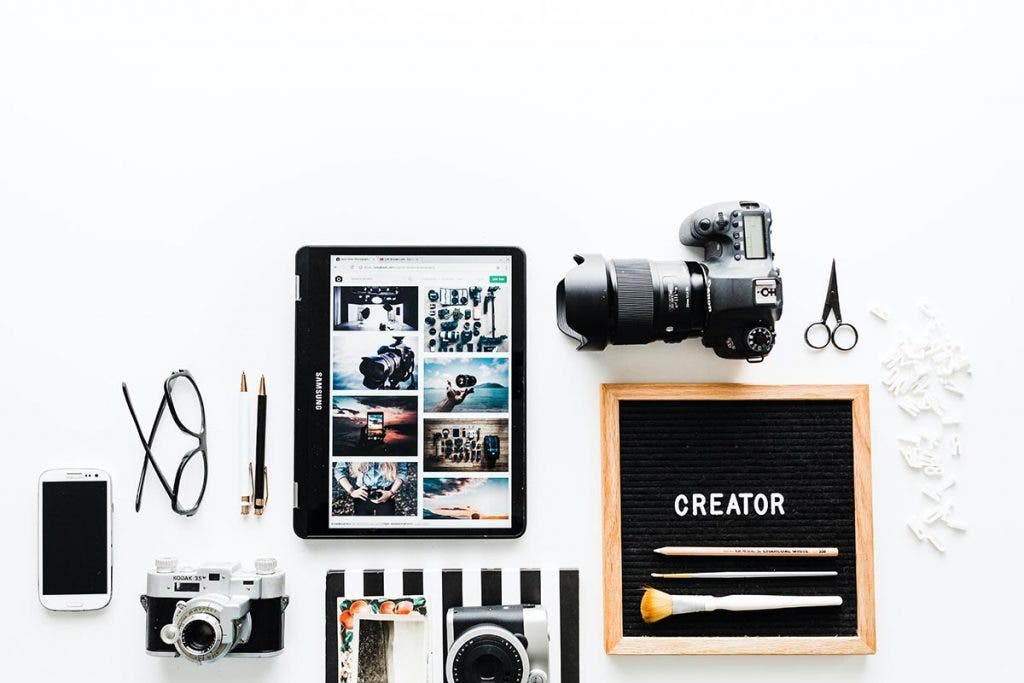
Is Going to School for Photography Worth It?
Learning photography is easier in an academic setting. Experienced photography teachers know how to make concepts understandable. They can teach beginners in a way that helps you advance toward your creative goals. Developing your creative eye with a photography teacher’s help is a big step in the right direction.
Professional photography teachers also know how to use a variety of gear. So whether you have a Nikon camera, a Canon camera, or something else, they’ll show you how to set up your camera and get great shots.
If you’re interested in learning post processing and photo editing, working with a teacher in a classroom is a big help. Having a teacher track your progress and make suggestions will also help you get a handle on the different techniques. That alone is worth the price of admission.
Can you self teach photography?
Short answer: Absolutely. As many self-taught photographers will tell you, teaching yourself the craft of photography is more than possible. With so much access to information and education on the internet, you can teach yourself to do just about anything these days.
There’s a plethora of both written articles and online photography courses and videos that will instruct you on Photography 101 to become a full-time professional photographer. You will of course need to be committed and disciplined to learn this craft without the push of an on-hand instructor.
A great place to start is by learning about your specific camera. Look up articles and Youtube videos that will walk you through the different parts of a camera, then go out into the field and experiment with settings, lighting, and framing.
Once you have the basics of your own camera, find out exactly what kind of photographer you want to be. Figure out if you like portraits, landscapes, commercial, etc. Figuring out what you are passionate about will allow you to focus on a genre and learn and grow within that photography genre.
How much does a photographer make a year?
A photographer’s salary can vary depending on the volume of work they do, the type of photography, and geographically where the photographer is based can also be a variable.
Photographers are mostly self-employed creators, so the annual income will vary, but there is always more work out there for those willing to go find it. Another way to make good money as a photographer is to work full-time for a company, while also taking on more work on the weekends, even if it is in a different field than what you are used to.
Most professional photographers who do this full-time show that there are many way to make money with photography. By building up long-term continuous clients and knowing the value of your work, the sky’s the limit when it comes to what you can earn in this field.
Learn From Adorama
With a belief that everyone is a creator, Adorama hosts a variety of events through 42Live, a series of hands-on workshops, presentations by industry-leading professionals, panels on current topics, photo walks, and live demonstrations.
All these events cover a broad spectrum of creative interests like photography, video and filmmaking, lighting, editing and post-production, along with topics on business and law. These learning experiences, usually free, offer a unique opportunity to gain knowledge and network with like-minded individuals. Even if you’re unable to attend in person, Adorama streams its events to its YouTube events page, allowing creatives everywhere to participate.
Adorama also has an educational blog, 42West. This platform is dedicated to providing high-quality, free content that empowers photographers with in-depth knowledge about their equipment and their craft. Some of most popular articles for beginners include:
Parts of a Camera
This article provides an extensive overview of the basic components of a camera and the importance of understanding these parts for aspiring photographers to control exposure, depth of field, and adapt to various shooting conditions, thereby improving their photographic skills.
Camera Basics: What is Shutter Speed?
Use this comprehensive explanation of shutter speed in photography, how it is measured, and its impact on image exposure and motion representation.
Camera Basics: What is Aperture?
Delve into this article to gain an understanding of the role an aperture setting plays under different conditions and its impact on light exposure, depth of field, and composition.
Camera Basics: What is ISO?
Better understand ISO and the importance of understanding and controlling the setting for image quality and artistic compositions.
Best Cameras for Beginners
This guide provides a beginner with essential factors to consider before purchasing a camera, such as sensor size, dynamic range, built-in image stabilization, image format, portability, and connectivity.
Different Camera Shooting Modes Explained
Learn critical knowledge of various camera shooting modes including, Full Auto, Program Mode, Shutter Priority, Aperture Priority, and Manual Mode.
Exposure Triangle Explained: What You Need to Know
Understand the Exposure Triangle and how ISO, aperture, and shutter speed, all work together to create an image.
What is Depth of Field?
Find out how depth of field connects with the camera’s aperture and the effects of subject distance, lens focal length, and sensor size and the impact they make to your end result.
Mirrorless vs DSLRs: How Do They Compare?
Discover what the main camera debate is and how a different type of camera body can impact your style of photography, but understanding its pros and cons.
What is F-Stop & How to Use It for Photography
Understand the concept of f-stop in photography by exploring its role in adjusting the aperture or the size of the opening in a camera lens, which dictates the amount of light that the lens allows in.
Feature photo by Christopher Gower on Unsplash
